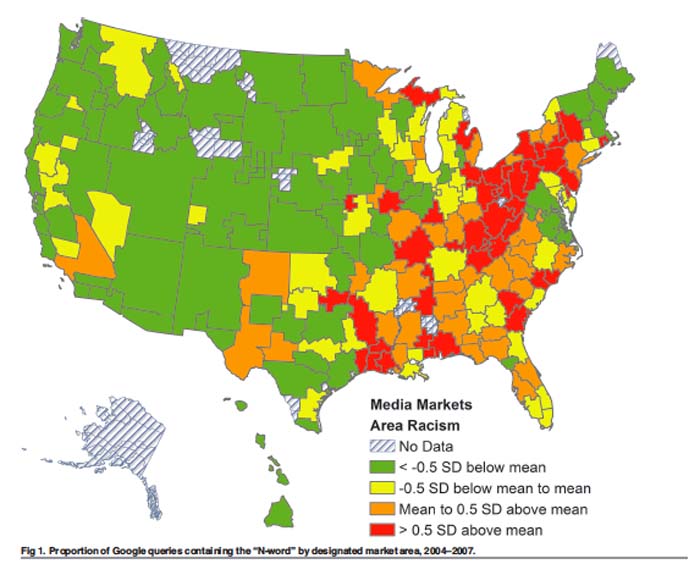|
|
|
|

|
|
|
Published by plos.org

"Models examining cause-specific Black
mortality rates revealed significant associations
with heart disease, cancer, and stroke. These
findings are congruent with studies documenting
the deleterious impact of racism on health among
Blacks. The study contributes to evidence that
racism shapes patterns in mortality and
generates racial disparities in health."

|
|
A study published by plos.org
says a growing body of evidence indicates that the unique constellation
of environmental stressors and psychosocial challenges experienced by
Blacks in the US contributes to accelerated declines in health and
generates racial disparities. Of these stressors, there has been
increasing attention to the impact of racism-related factors, including
interpersonal experiences of racial discrimination. Racially motivated
experiences of discrimination impact health via diminished
socioeconomic attainment and by enforcing patterns in racial
residential segregation, geographically isolating large segments of the
Black population into worse neighborhood conditions. These areas are
typically characterized by social anathemas such as poverty and crime,
and fewer health-promoting resources, including recreational
facilities, parks, supermarkets, and quality healthcare. Such
characteristics shape health behaviors such as exercise, diet, and
substance use. Racial discrimination in employment can also lead to
lower income and greater financial strain, which in turn have been
linked to worse mental and physical health outcomes.
In addition to these indirect socioeconomic and neighborhood effects,
racial discrimination may also directly impact health by engaging
psychobiological mechanisms induced in the stress response. Experiences
of racially-motivated discrimination are inherently stressful, and may
undermine psychological adjustment particularly when viewed as being
outside of personal control, resulting in depression, anxiety, and
anger. These negative affective and cognitive responses are associated
with maladaptive health behaviors and greater risk of chronic disease.
Racial discrimination can also affect health by eliciting a cascade of
biochemical reactions that over time can damage biological systems. As
a source of psychosocial stress, racial discrimination may lead to
premature physiologic deterioration or “wear and tear,” ultimately
compromising the ability of the body to respond to such challenges and
increasing susceptibility to and acceleration of chronic diseases.
Research on discrimination has found that it is related to a range of
biological markers of stress, including measures of oxidative stress
and inflammation.
Area racism was the proportion of Google searches containing the
“N-word” in 196 designated market areas (DMAs). Negative binomial
regression models were specified taking into account individual age,
sex, year of death, and Census region and adjusted to the 2000 US
standard population to examine the association between area racism and
Black mortality rates, which were derived from death certificates and
mid-year population counts collated by the National Center for Health
Statistics (2004–2009).
Area racism (shown in the map below) remained significantly associated
with the all-cause Black mortality rate. Models examining
cause-specific Black mortality rates revealed significant associations
with heart disease, cancer, and stroke. These findings are congruent
with studies documenting the deleterious impact of racism on health
among Blacks. The study contributes to evidence that racism shapes
patterns in mortality and generates racial disparities in health.

View and download the full report in PDF format
View the full report at plos.org
|
The world’s first multidisciplinary Open Access journal, PLOS ONE
accepts scientifically rigorous research, regardless of novelty. PLOS
ONE’s broad scope provides a platform to publish primary research,
including interdisciplinary and replication studies as well as negative
results. The journal’s publication criteria are based on high ethical
standards and the rigor of the methodology and conclusions reported. View a list of the author contributions of the report. Contact PLOS ONE.
|
|
|
|
|
|
|
 |
|
|
|
 is published every Thursday is published every Thursday |
Executive Editor:
David A. Love, JD |
Managing Editor:
Nancy Littlefield, MBA |
Publisher:
Peter Gamble |
|
|
|
|
|
|
|
|
|
|
 |
|
|
|
|
|
|

